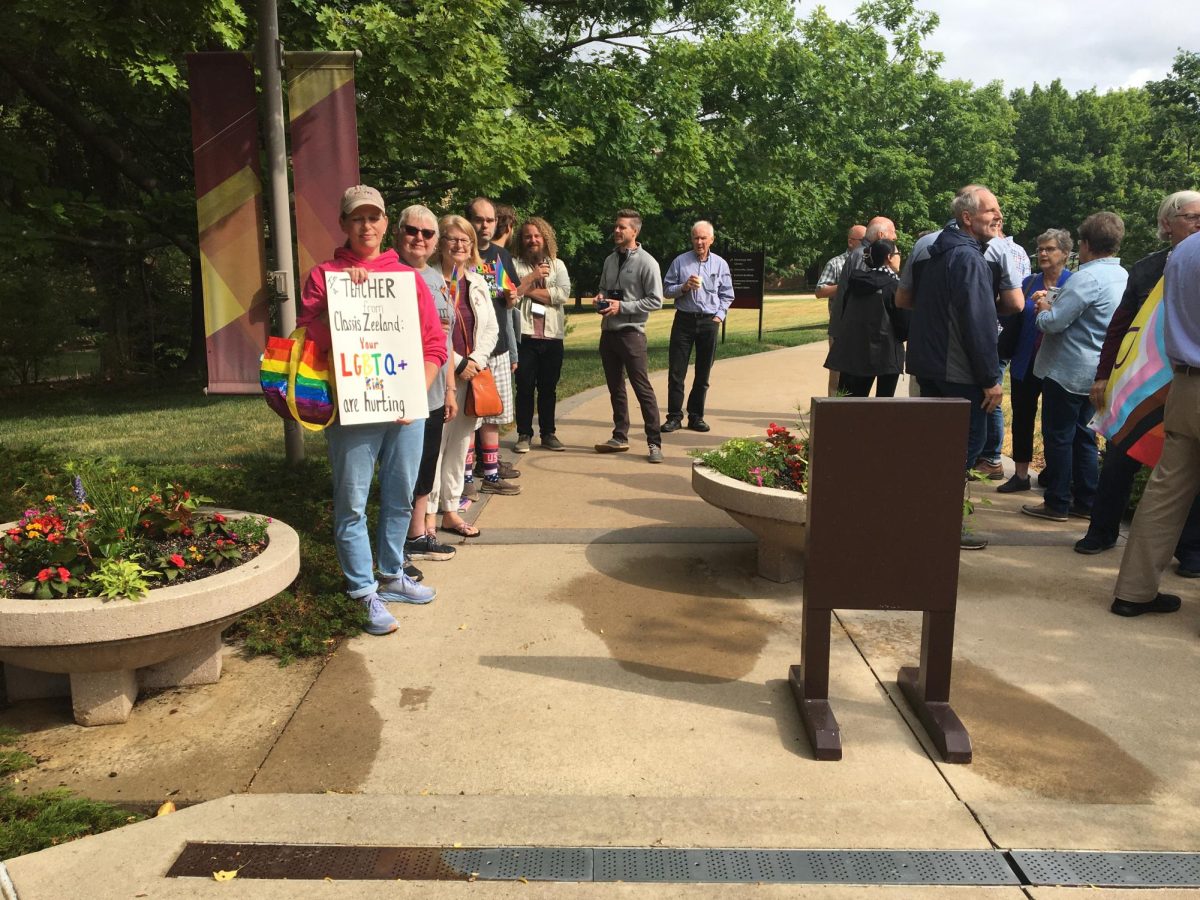A recent survey conducted by the Family Research Council seems to show that Christian women are more religious than Christian men. According to the study that included 192 countries, 33.7 percent, approximately one third of the world’s women, identify as Christian; in contrast to the 29.9 percent of men who do. Not only is this larger than any other group, but survey results also seem to indicate that Christian women appear more committed to their faith than men.
To evaluate this, the survey looked at Christian prayer habits. Overall, women reported to praying daily more often than men by over 10 percentage points. The study reported that, “In 29 of those countries, more women than men reported praying daily by margins of 10 percentage points or more, ranging upward to 25 points in Greece. Similarly, Christian women are more likely than Christian men to say religion is ‘very important’ to them by an overall average of 7 percentage points across 54 countries.”
The survey also examined church attendance rates. “When it comes to attendance at worship services, Christian women are, on average, 7 percentage points more likely than Christian men to report attending services weekly across 53 countries with data on Christian attendance patterns.”
However, religious women have also faced mounting persecutions around the world. At a recent international conference that focused on this issue, Kate Ward, an organizer of the conference said, “Increasing numbers of women face a double blow today — violent attacks against them because of their Christian faith and because they are women.” The conference was sponsored by Release International, Open Doors, Christian Solidarity Worldwide, the International Institute for Religious Freedom and the Religious Liberty Partnership.
According to the World Watch List conducted by Open Doors, Christian persecution has a hit a worldwide high in the modern era. According to Release International, Islamist extremists have been explicitly targeting women as a deliberate strategy, and as a result have made females particularly vulnerable in conflict regions around the world.
Emma Dipper, the woman program manager from Release International said, “Women are vulnerable due to biological jihad, in which ISIS and related groups are determined to impregnate infidel women to promote their cause, which is to make the whole world an Islamic State. Rape is not just a weapon of persecution. It is at the root of their missiology and belief.” Not only are women highly targeted, but those parts of religious communities often face shame and ostracism from their own families and communities after being violated.
Providing help for these victims is often made more complex due to deep-rooted cultural norms and beliefs. While women have established themselves as the worldwide majority in religious communities, they still are vulnerable to attacks and persecution both from outside and within their religious contexts. In a statement, Ward said, “Churches, agencies and voluntary organizations will have to work together at every level. We will have to find ways to cross cultural boundaries and challenge taboos. It will require the deepest levels of engagement and collaboration.”






